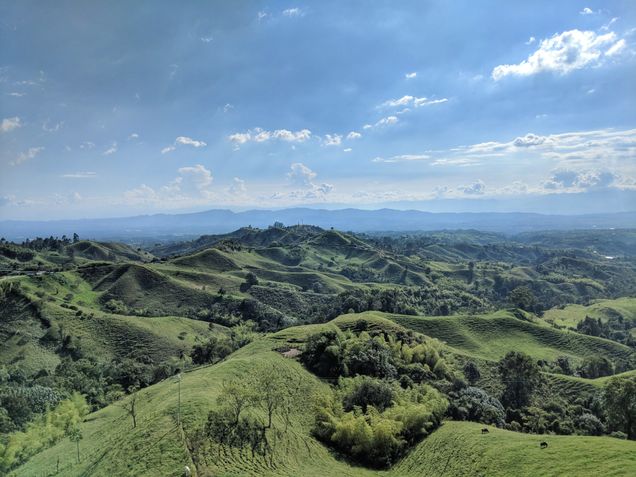The Co-Benefits of Stakeholder Engagement: Environmental and Social Safeguards, Infrastructure Investment, and Deforestation in the Andean Amazon, 2000-2015

Over the last 15 years, South America’s Western Andean nations have adopted some of the world’s most ambitious environmental and social protections surrounding infrastructure investment, most notably the right to prior consultation for affected indigenous communities. These reforms have been matched by the adoption of equally ambitious environmental and social safeguards (ESS) by the international development finance institutions (DFIs) providing the projects’ financing. These safeguards include not only prior consultation but also the establishment of formal grievance mechanisms for affected communities.
A working paper by Rebecca Ray tests the association between these two reforms – prior consultation and grievance mechanisms – and the environmental impact of infrastructure projects in Colombia, Ecuador, Peru and Bolivia.
Ray finds that prior consultation, though it is often considered a social rather than environmental safeguard, has a significant role in limiting infrastructure-related deforestation. Formal grievance mechanisms are not found to have a significant impact in preventing deforestation, though they may prove crucial in limiting other risks such as social conflict or reputational damage for the DFI involved. Ultimately, DFI and country safeguards appear to act as a mutually-reinforcing network, in which each acts as an insurance policy against the other failing or disappearing altogether.
Read the Working Paper